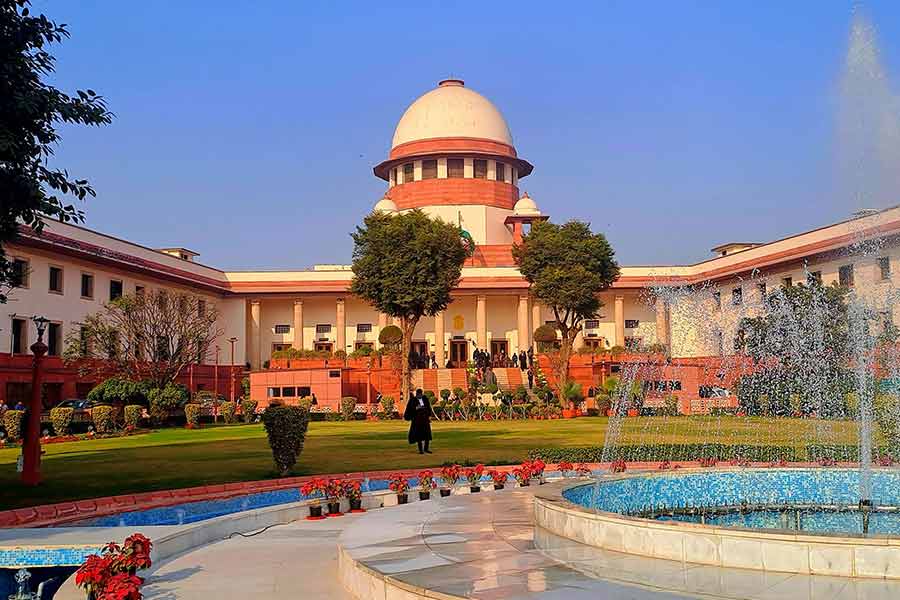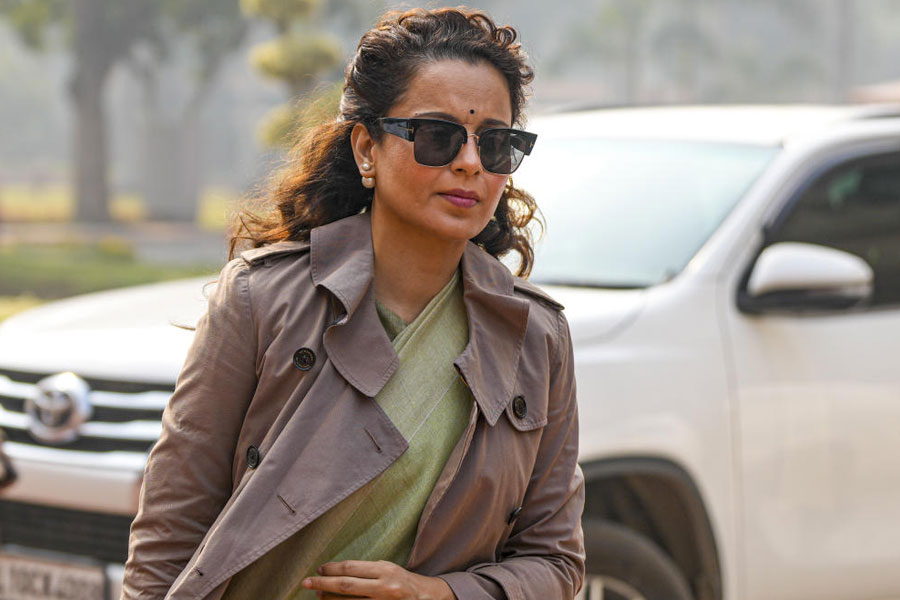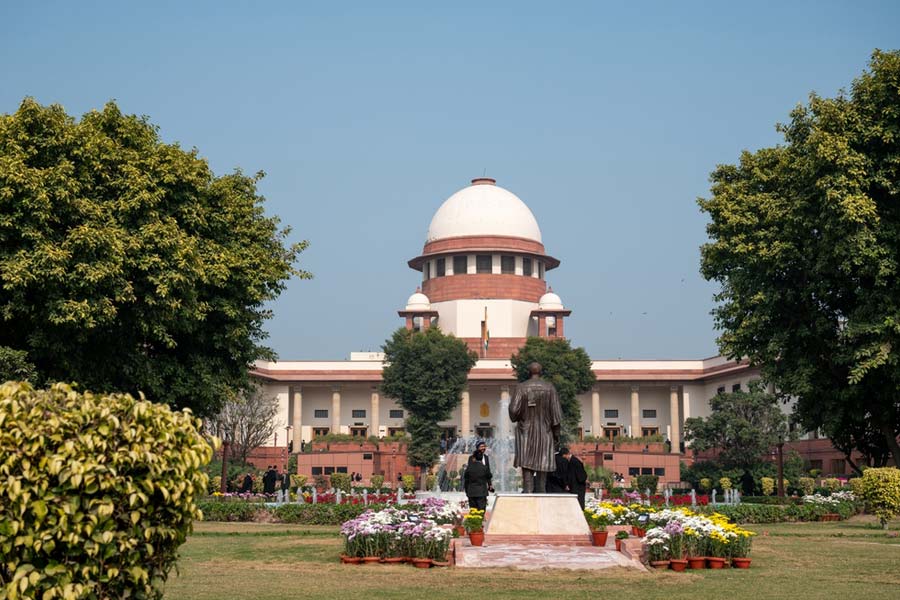Pakistan Tehreek-e-Insaf party on Monday launched a legal battle to secure the release of its chairman and former prime minister Imran Khan, with a petition in the Supreme Court seeking his retrial in the Toshakhana corruption case.
Khan, 70, was sentenced to three years in jail on Saturday by Additional and Sessions Judge (ADSJ) Humayun Dilawar who found him guilty of not declaring the proceeds from the sale of state gifts.
The petition was filed under Article 184(2) of the Constitution and sought to have the Toshakhana case be heard again, on the grounds that the former cricketer-turned politician had not been given a fair trial.
"A fundamental right under Article 10A, The Right to a Fair Trial, has been denied to Mr Imran Khan, the former Prime Minister of Pakistan, in relation to his conviction in the Toshakhana case," the petition read.
The petitioner argued that not only was the judgement passed in haste, it was also declared in Khan's absence and was "in complete disregard" of the directions of the Islamabad High Court (IHC).
It is not clear when the petition would be taken up for hearing by the apex court.
Apart from knocking at the doors of the highest court of the country, Khan’s lawyer, Naeem Haider Panjotha, filed a petition in the IHC to get better facilities in the jail, also called A-Class.
The move comes after the party's acting chief, Shah Mahmood Qureshi, claimed that Khan was currently given B-Class status and inferior facilities.
Dawn newspaper reported that according to jail rules, convicted prisoners are classified into superior class, ordinary class, and political class. Superior class includes A and B-Class prisoners. Ordinary class comprises prisoners other than the superior class.
Superior class prisoners are entitled to books and newspapers, a 21-inch television, a table and a chair, a mattress, personal bedding and clothing and food. The prisoners have to pay for all this themselves. The government is only obligated to provide them security in a high-security ward where they will be kept away from other prisoners.
Rooms are supplied with a cot, one chair, one teapot, one lantern if there is no electric light, and necessary washing and sanitary appliances.
A-Class prisoners may supplement the furniture by other articles within reasonable limits at their own cost, at the discretion of the superintendent.
Meanwhile, Panjotha in the petition also requested that Khan be allowed to regularly meet with his legal team, family members, personal doctor Dr Faisal Sultan and political aides. He also provided the lists to the court.
The plea said that Khan had been “confined in a 9x11 feet cell with an annexed dirty bathroom”. It further said that the room was a “dirty cell which has traditionally been reserved for terrorists”.
He accused that the authorities have been treating the former premier like a criminal and have lodged him in a "small and squeezed barrack” due to “malafide reasons and under the pressure of the political regime”.
The lawyer in petition also claimed that it was not determined under which law Khan was taken to the Attock Jail when the arrest warrant by the trial court showed that he should be kept at the Adiala Jail.
Panjotha later told the media that he met Khan at Attock Jail for 1:45 minutes and discussed various issues with him. He said Khan was in good spirits though kept in bad conditions.
Except for the headline, this story has not been edited by The Telegraph Online staff and has been published from a syndicated feed.











